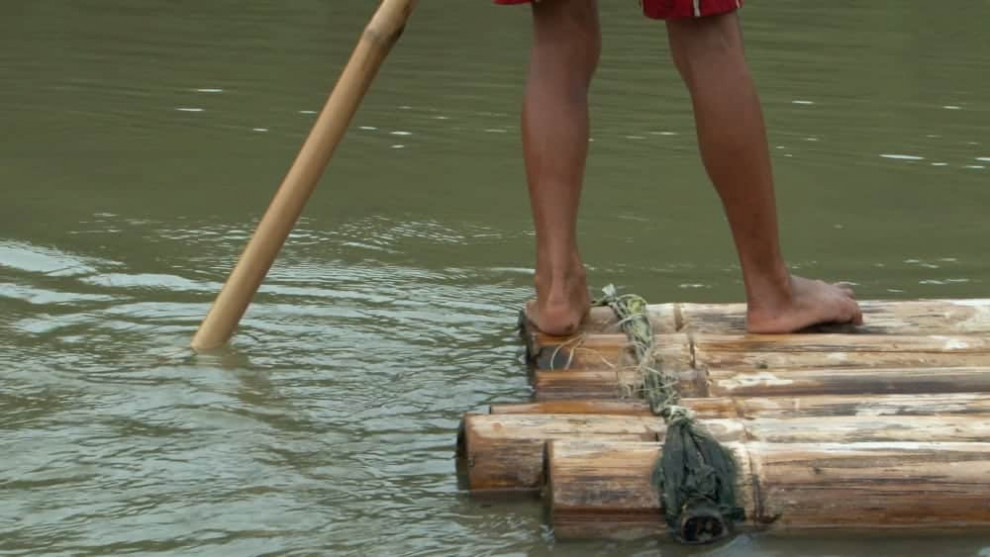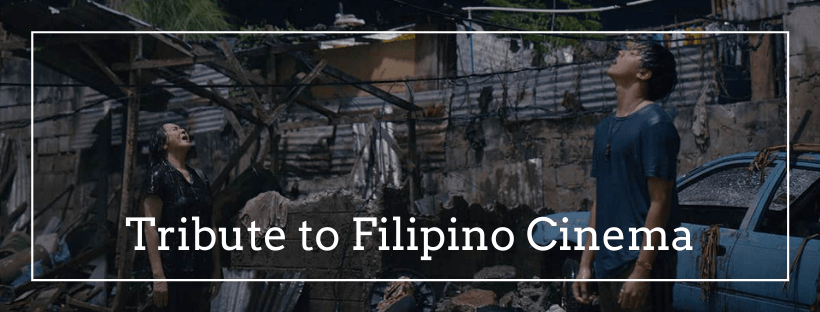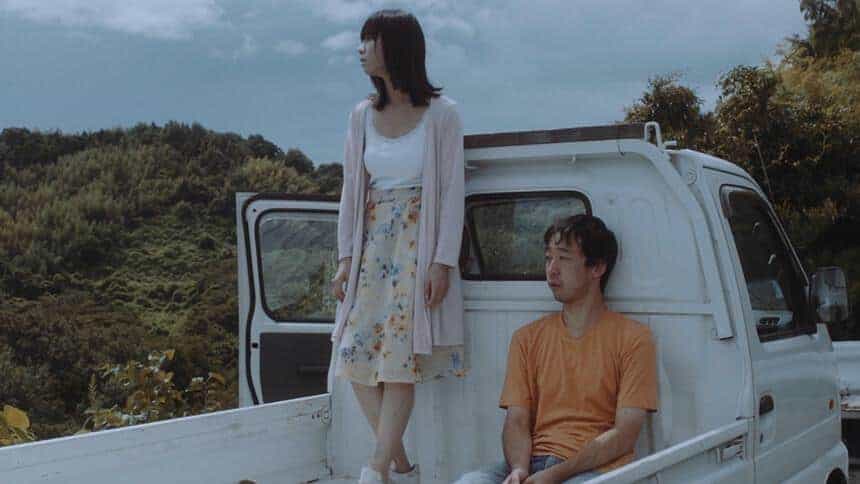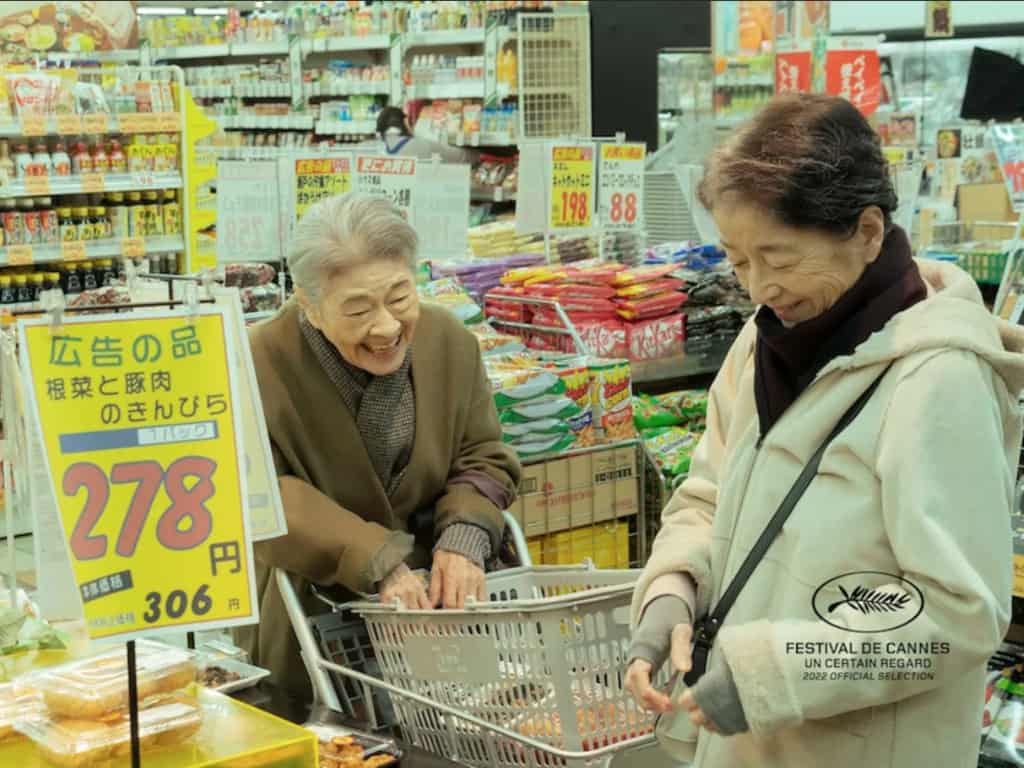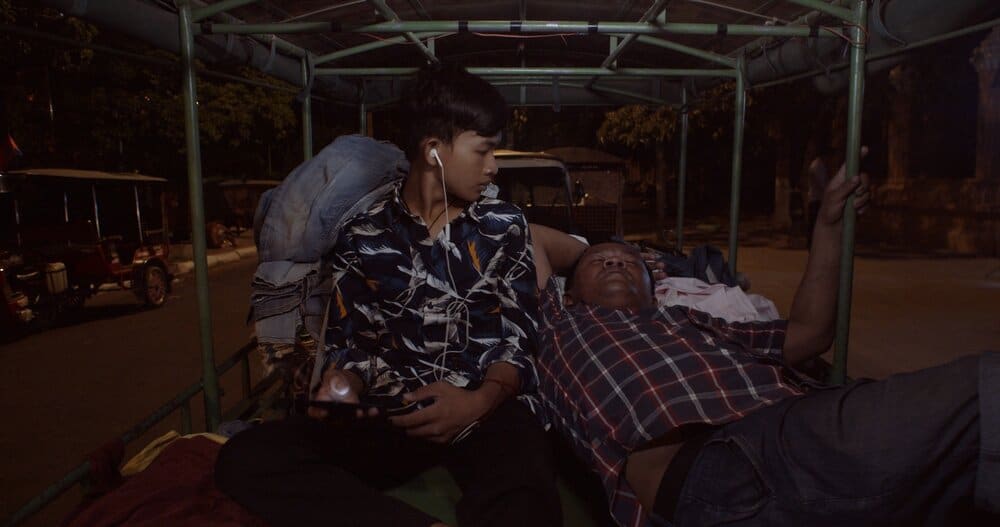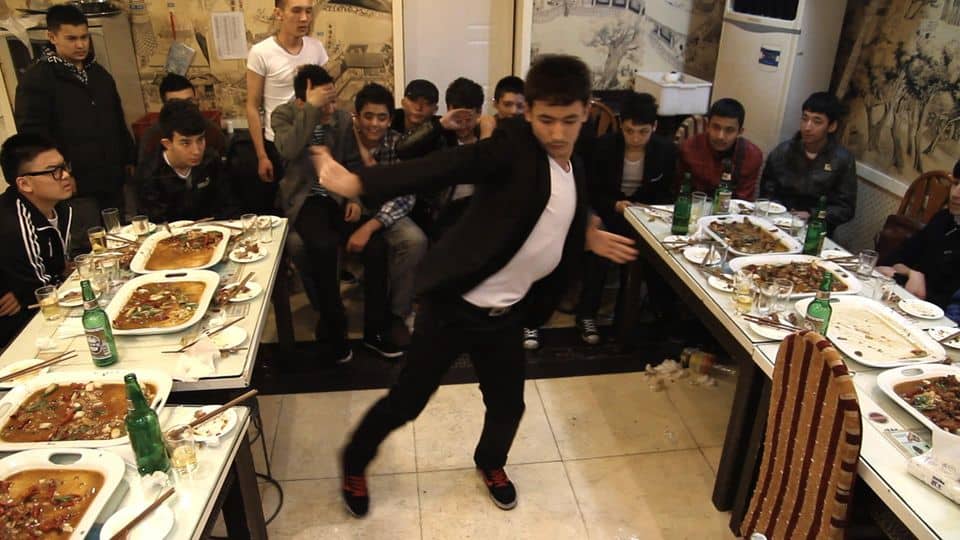In the West, childhood is often treated as a time of innocence, a time for nurturing and for playing; it is a time to develop social skills, to make friends, to learn about the world around them, to mould themselves around idols and heroes/heroines in shaping, at that very moment, what they want to be when they grow up. Each generation has no doubt been raised differently, with each laying claim to tough upbringings and the best Saturday morning cartoons! It is easy to forget this is all deemed a luxury, that there are boundless numbers of children who would either dream of such an enabling lifestyle or simply shrug it off; for these children, life hits them immediately with the toils and tribulations often associated with adulthood – most commonly physically-intensive labour. But the children followed by Toshihiko Uryu and Victor Delotavo Tagaro's inspiring yet incredibly sobering pure cinema piece ‘Yield' they still manage to retain the one thing which separates them from adults: a shred of innocence.
Yield is screening at the exground filmfest
Spanning across five years, ‘Yield' follows the lives of nine children through a series of staggering and tender sequences, growing up among the rural poor of the Philippines. Jomar takes to the sea floor combing for gold and silver whilst siblings April, Ariel, and Rommel slowly cut their way through the mountainside whilst selling the rocks, gravel, and slate on. Unrelated but suffering from the same condition – hydrocephalus – are Alex and Glady Mae who embody the heart and soul of the film with personalities bigger than their mortal vessels. There's Essam training to be a child warrior, Edralen who tends to and transports produce across rivers to the nearest town, and finally Jason whose labor has all but crippled him with an array of spinal problems. If it were not for the provision of names towards the film's credit sequence these could be any of the thousands of children forced to live like this without much hope of or the resources for change.
Life for these children is undeniably difficult and, on the surface at least, riddled with pain and overtly alien to our own. Often crammed into small confines with multiple siblings, and often absent of any paternal influence (the fathers clearly work themselves), many scenes throughout reinforce the stereotypical images of poverty in the “Global South”. However, despite it's depressing themes and context, ‘Yield' does not subject the viewer to a barrage of manipulative images and sequences completed with an overtly emotional soundtrack; instead, Uryu and Tagaro strip the cinematic process back to a primal state – back to a time when editing was heralded as the quintessential technical innovation – and allow their images to do all the talking.
The end result does away with the agenda most documentarians would thrust upon an audience and allows room for the children to just be themselves, humanizing the nameless faces of child poverty whilst also familiarizing them enough for Western audiences to find relatable. Amidst all their toiling and suffering, they are seen attending and graduating from school, playing and, in Alex's case, laughing at the television – all things Western children do.
It's not just what is on the screen that makes ‘Yield' a charming watch, it's also how it is filmed. With little to no dialogue and very little outside influence, the film significantly highlights the very universal essence of childhood at its core. This is mirrored in the youthful and inquisitive nature, tone, and shooting style, as well as its amplification of a childlike mentality. Few films project respect for its subject matter in such a way as ‘Yield' does, and thus demands very little from them and its audience, even those new to this style of filmmaking. Though it's inward focus and near invisibility answers almost zero questions, the viewer might have it raises plenty of its own, prompting the curiosities of those willing to divulge them.
Almost as if one were watching through the eyes a child new to the locale, one gets closer to them as the film progresses; packing five years into a span of barely ninety minutes (the film's only adult quality, in that time moves faster the older we get) is perhaps a bold yet necessary step and gives the viewer enough time to feel as if they get to know them. Because of this quality, along with its direct and two-dimensional approach, it makes it all the more difficult to watch during the more challenging sequences; the impact of these events is made all the more devastating because of this. It's only then does the full reality of their situation become clear, reminding us of the terrible toll this life has on children not just here but all across the “global south,” that they are a product of their environment and their bodies have moulded to it as a result.
At its heart, Uryu and Tagaro's film is a sobering reminder of how comparatively easy we have it now and in our past. But seeing the flashes of hope and amusement across the faces of such young people as they grow in these desperate times also reinforces the ideas surrounding childhood; no matter how tough times can get, very little can break the innocence we all yearn to regain. Far from being horrendously overt, ‘Yield' allows us to take so much from this experience without demanding anything in return, save for a smidgen of humility. Not only that, it is an exercise in good honest documentary making – it is quite honestly the thought-provoking gift that keeps on giving.


